Avid greenies since their freshmen days in their Foundation Studies, current President and Secretary of Swinburne Sarawak Green Club, Darren and Aaron reflect on the importance of prioritising environmental health in the global recovery of COVID-19.
Co-written by Aaron Mok Chern Cherk and Darren Sim Han Yong, Bachelor of Computer Science.
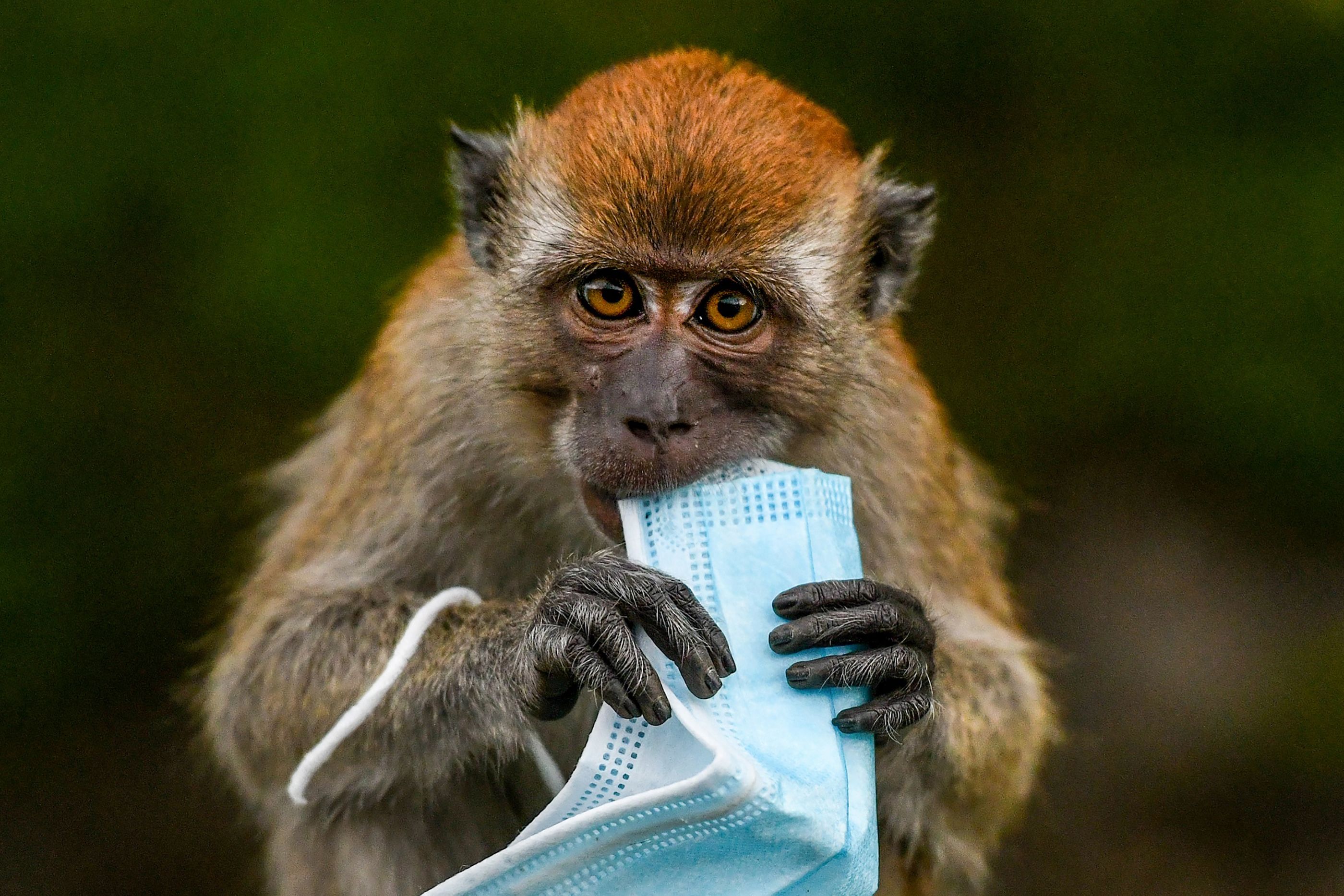
Ever since the COVID-19 pandemic took over the world nearly two years ago, Malaysia, like most other countries, has been experiencing its devastating impacts. Despite efforts of trying to cope with and battle this deadly relentless virus, many sectors and industries around the world are suffering. Countries such as the United Kingdom, United States of America, Australia, Malaysia, and others are attempting to accept living with the virus as part of life. It seems that many countries are entering or undergoing a recovery of sorts.
However, we should not forget that the planet we live in is in a delicate state with more environmental issues on the horizon as we speak. Clean air, a stable climate, hygiene, safe use of chemicals, protection from radiation, sound agricultural practices, health-supportive cities and preserved nature are some of the prerequisites for good environmental health. It follows that living in a healthy environment contributes to a healthier body that is capable of warding off sickness and illnesses.
It’s a Covid world, and we’re still reeling from it
Currently, in Malaysia, citizens are still trying to cope with the ongoing pandemic. Many job sectors are only just starting to be allowed operation. In the current situation, citizens are required to wear a mask when going out for activities such as buying groceries, dining, and strolling about the neighbourhood. This has caused a surge in the disposal of used face masks. This situation has worsened over the past few months since the shocking discovery of the much deadlier Delta variants in Malaysia, and government authorities have advised citizens to use two masks simultaneously for better protection.
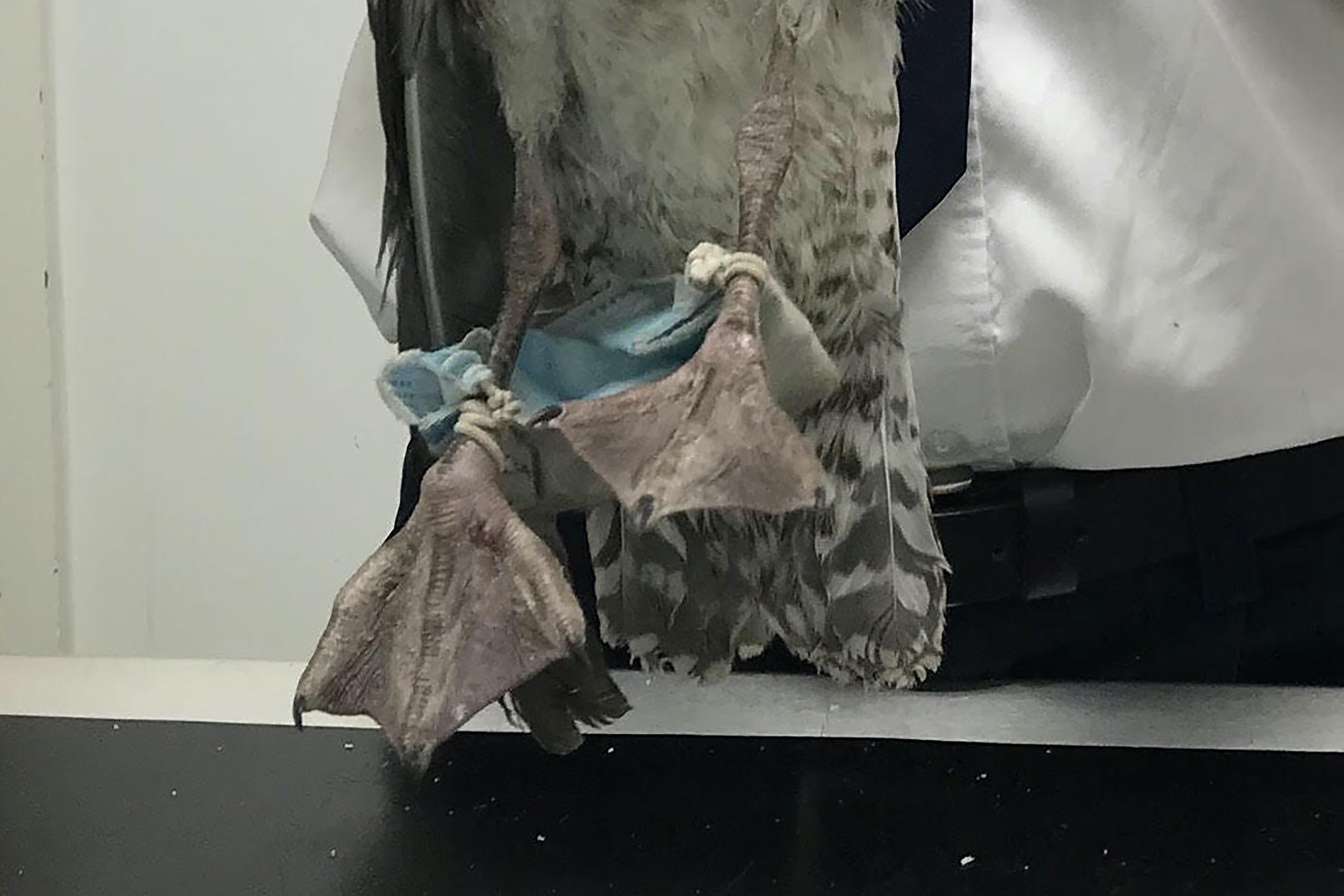
Unfortunately, quite a number of people who use these face masks often do not dispose of them properly. The improper disposal of face masks has harmed the environment and innocent wildlife, including birds being tangled up with the face masks’ straps. This poses a threat to wildlife and the environment.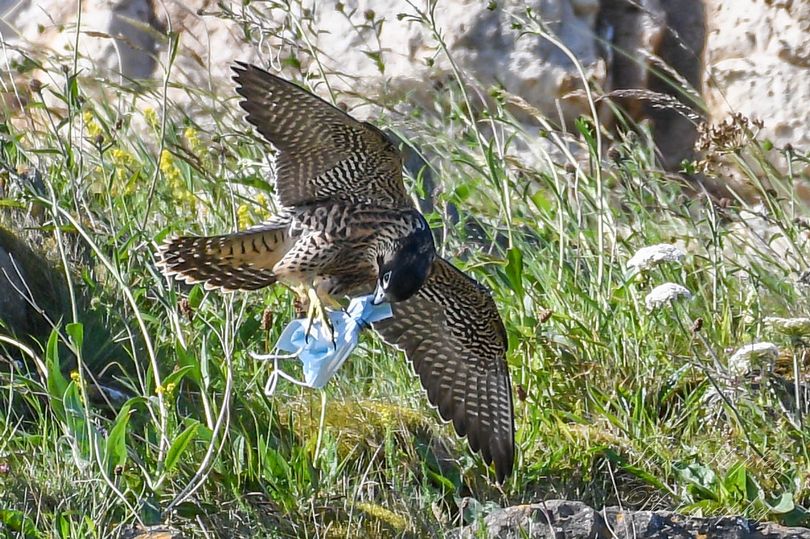
For many, the pandemic has been difficult to cope with. Students like us have had to handle the transition from traditional face-to-face school or university life to classes that are now a mixture of online live sessions and pre-recorded lectures. However, although we are restricted in our movements due to fear for our health and safety, there are advantages to the situation. One significant upside is that travelling less, we leave a smaller carbon footprint; thus, the air is much less polluted and it is easier and healthier for us to breathe in. But the downside is that during the pandemic, many people are buying more things than usual and typically in bulk.
Online shopping makes buying necessities and luxuries all too easy. It is important not to be lured into over-shopping. We must remember that we should first reduce our consumption and then be sure to dispose of or organise the waste we create so that it can be reused or recycled before being discarded. Proper waste discharge contributes to a safer and cleaner environment.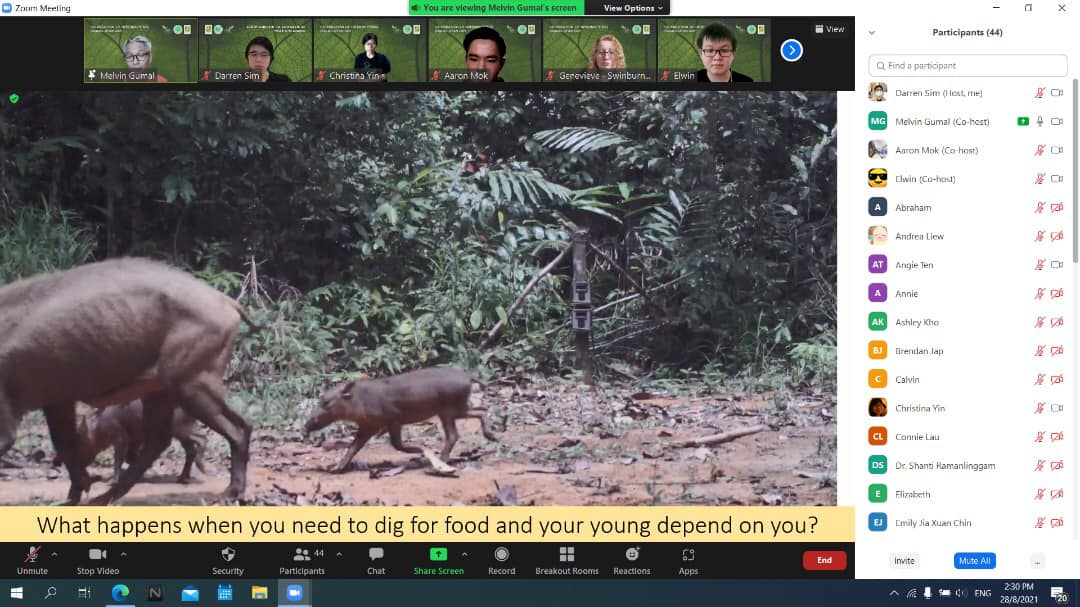
With everything transitioned online, the Swinburne Sarawak Green Club has organised many virtual green awareness talks, using Microsoft Teams, Google Meet or Zoom with students and members of the public across the country and overseas, as there are no physical restrictions nor any need for health or safety protocols. This has opened opportunities for the club to collaborate with Swinburne Melbourne’s Sustainability Society to organise events online and invite people from around the world to join our event. Not only that, but the club has also gained more exposure to local and international conservation organisations. Through several collaborations during the pandemic with local conservation organisations like the Kuching Beach Cleaners and the Sarawak Eco-Warriors, the Green Club has assisted with promoting these organisations to our audience and club members. This has been helpful as people can then follow these organisations and their many efforts to conserve a healthy environment. Students and working adults can realise that they can become directly involved in conservation activities and learn more about the environmental issues that should be taken seriously as part of the global recovery plan.
Easy tips anyone can adopt to stay green

Though we may seem to be miniscule in the larger scheme of things, there are some simple activities that we Swinburne students and ordinary people, in general, can do to help our environment during this pandemic. One definite action to take is to remove the ear straps from the disposable face masks after use and dispose of them properly. This will prevent wildlife from getting tangled in them if these items somehow escape into the environment. Better still, we should avoid using disposable masks at all and use reusable masks. Another suggestion is to spend some time and effort to grow plants around us even if we live in apartments or have small garden plots. Succulents are a popular choice for people to get started with; having plants around us will give us cleaner and fresher air to inhale and helping something to grow would be a positive activity to boost our spirits in these difficult times. We could even compost fruits and vegetables and collect rainwater to water our plants or wash cars or porches.
Seeing that ordering takeout is highly popular these days, another simple step is to use our own containers to store our food. This will reduce the consumption of disposable plastic containers and utensils. Although these eco-friendly habits seem easy enough to do, many people don’t want to take the trouble to practise them or dismiss them as futile. However, these steps are effective in conserving and protecting the environment and when more people are influenced to chime in their efforts, it can make a significant difference. For example, governments of countries such as Kenya, Thailand and Rwanda have banned plastic bags entirely. There are other environmentally friendly habits to adopt such as walking or cycling instead of driving and switching off the tap when brushing your teeth. You can find many more by doing a quick search online. Practising such eco-friendly habits does not make you cheap or stingy; it makes for a healthier environment; one the Earth desperately needs.
At the time of writing, Malaysia and other countries are offering free vaccinations to eligible individuals. This may help the situation and reduce the cases of COVID-19. Hopefully, countries will be able to open up and it will be safe for everyone to roam around the globe worry-free. Eventually, countries will recover from the economic crisis that is causing much suffering and hopefully, the ‘new normal’ will not be too different from the lifestyle we all had before the beginning of 2020. But whatever kind of world the new normal leads us to, we hope you will all take the initiative to practise an eco-friendly, sustainable lifestyle.
A healthier and cleaner environment for all of us to live in would be a gift after these devastating years living with COVID-19 and after a care-free, careless lifestyle in the pre-pandemic world. Life is precious and the truth is that we are only guests on this beautiful planet; pandemic or no pandemic, we must leave more than a dystopian future for our children and grandchildren and for future generations of the human race.
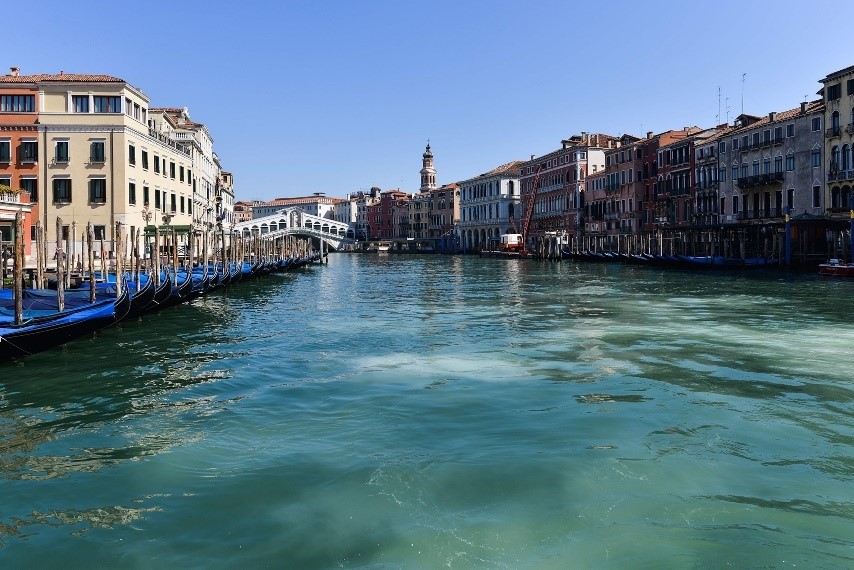
This article was written to commemorate World Environmental Health Day, which falls on 26 September. Observed annually to raise global awareness about today’s most pressing environmental health concerns, the theme for this year is ‘Prioritising Environmental Health for healthier communities in the global recovery.’
Swinburne Sarawak’s School of Foundation Studies offers a one-year Swinburne Foundation Studies (Engineering/Science) programme which could lead as a pathway to an undergraduate Swinburne Bachelor of Science programme with majors in Biotechnology and Environmental Science.
Enrol for the final intake of the year at Swinburne for 10 weeks at no cost with our Study Now, Pay Later scheme. Intake for all foundation programmes commences 4 October 2021.

